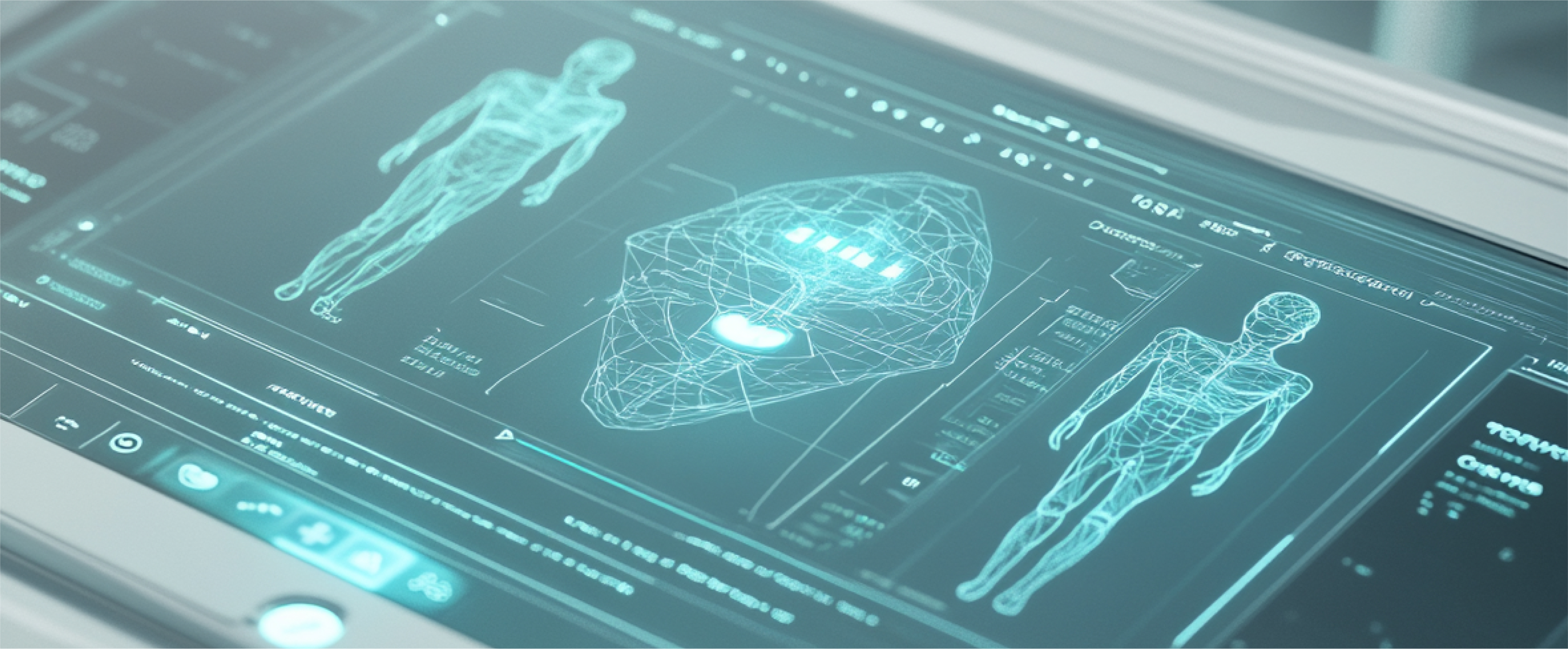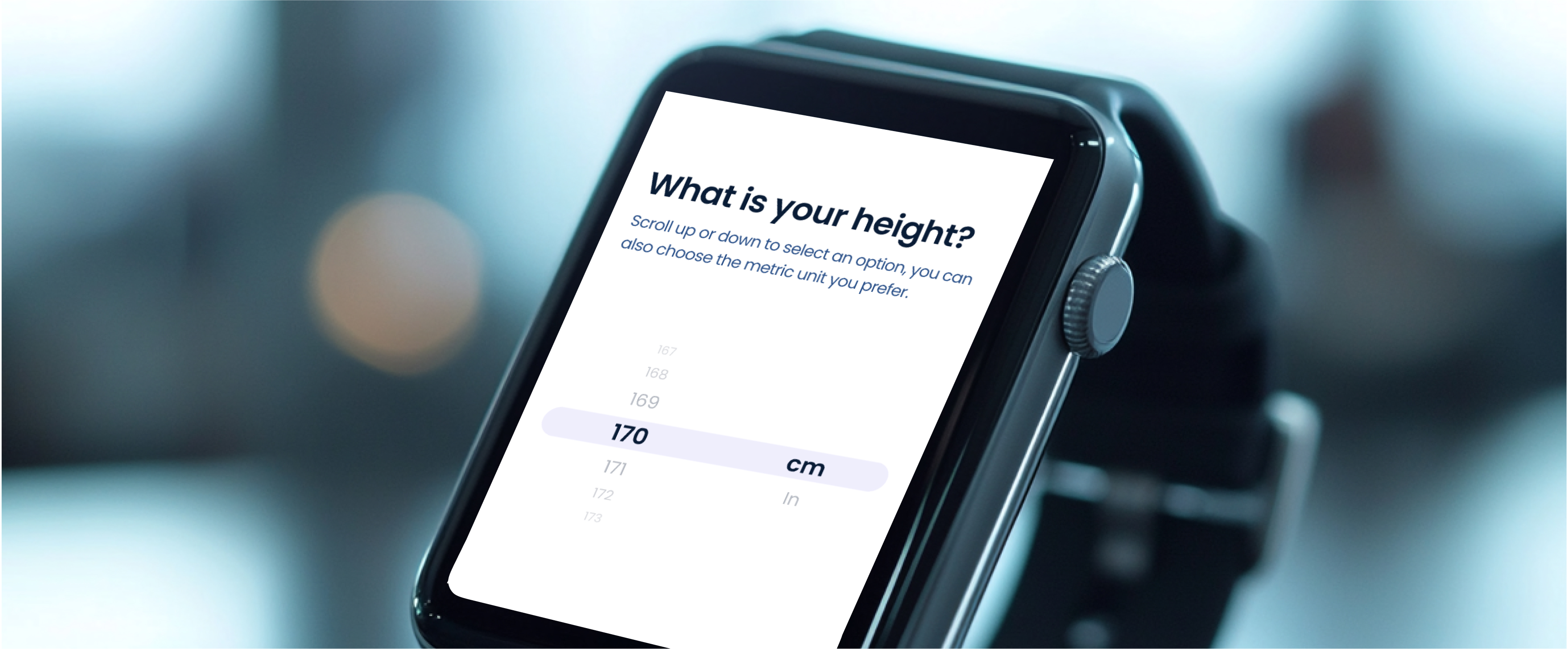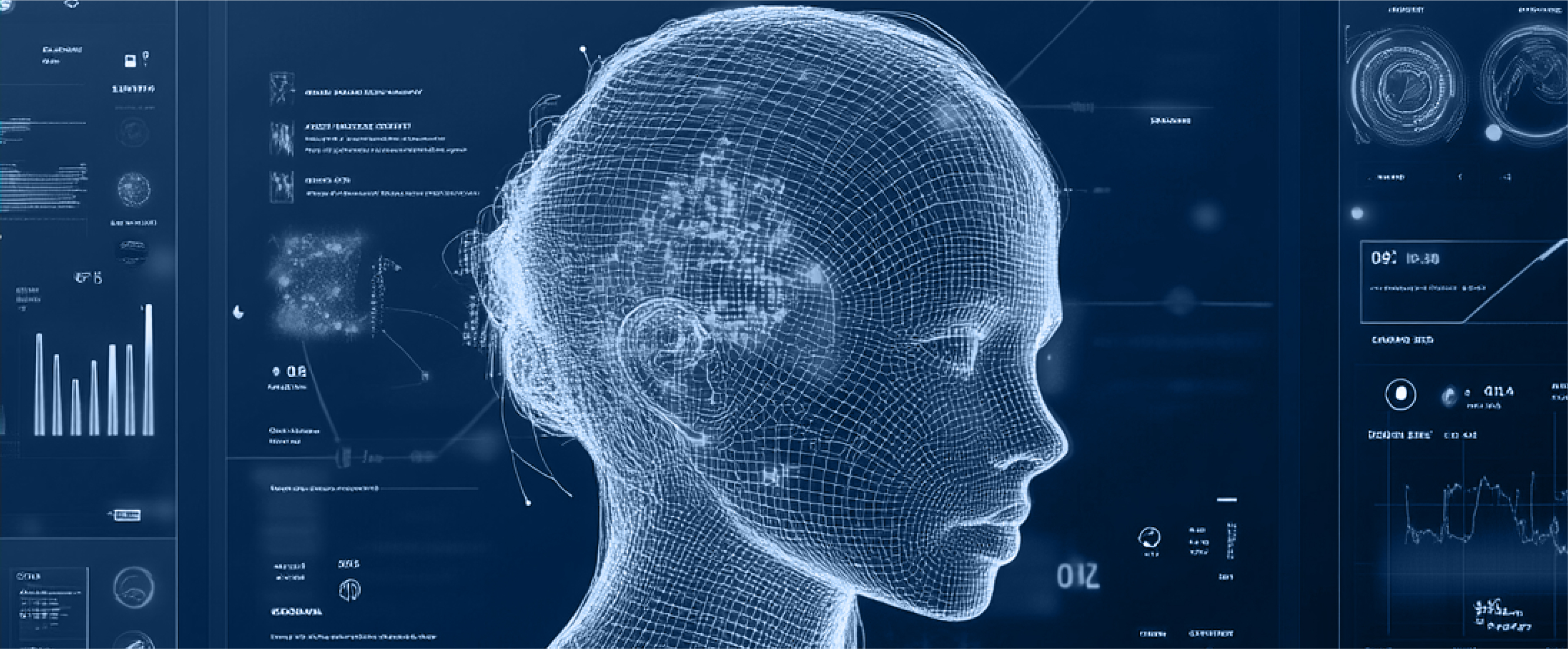Innovative Health Solutions for Critical Challenges
At the forefront of health innovation, our products are designed to tackle some of the most pressing challenges in cardiovascular health and addiction.


The blueish slate Antshrike, a bird native to the tropical moist lowland forests of Brazil, Peru and Bolivia, warns primates of upcoming dangers. Our app, Antshrike, is a risk stratification app entirely based on passively collected biometric data that allows a timely prediction of critical cardiovascular events such as stroke and heart attack within a range of a few days. This enables app users to seek medical attention ahead of the events, resulting in a significantly better prognosis and a far lower probability of mortality.
As manufacturer of software as a medical device (or SaMD), it is our imperative to provide appropriate measures for the safety of the users.

Any algorithm is at most a simplified model of real-world phenomena. Therefore, it can never fully capture all possible factors that are critical to understand disease states. To this end, the outcomes of our algorithms shall be treated with care and cannot be considered by any means a perfect reflection of real clinical pictures.

In general, the quality and accuracy of the output of an SaMD depends directly on the quality of input data. For our algorithms, two factors are primarily affecting the quality of calculated scores. Firstly, the data collected from smartwatches is not as accurate and precise as properly calibrated medical devices in clinical environments. Thus, the input data generally is less reliable and cannot replace clinical investigations. Secondly, if the smartwatches are not worn or worn properly, or issues with sensors, batteries etc of the watches are present, the algorithm will be exposed to missing data that will affect its efficacy.

This mobile application is alike all SaMDs subject to changes and modifications. In particular, we strive the improve the performance of our algorithms, make sure that the app continues working flawlessly with mobile phone updates and any existing errors are corrected. Please be aware of these changes and update the application whenever a new version becomes available.

Eerlyy has two interfaces: one for patient users and one for abstinence supervisors (clinicians, therapists, etc.) The focus of the first version of the app is on relapse prevention for alcohol addiction, but we intend to extend the field of applications to other drugs of abuse, particularly opioids such as fentanyl. In light of the current opioid crisis and the very high lethality rates associated with substance use disorders, the app will have a significant social impact by reducing relapse and overdose probabilities.
The just-in-time adaptive intervention (JITAI) is an intervention design aiming to provide the right type/amount of support, at the right time, by adapting to an individual’s changing internal and contextual state.

The past decades have been witnessing a major trend towards evidence-based classification of psychiatric disorders using measurable dimensions. The EERLYY app was the result of a major effort to use continuous longitudinal measurements of biobehavioral variables to characterize substance use disorders in a quantitative manner and relapse as a transition between states.

The use of mobile applications to inform or even drive clinical management is often associated with inherent risks. We are continuously assessing these risk factors and urge clinicians and patients to inform us on issues associated with the use of our technologies.

In contrast to the existing approaches, the algorithms underlying Eerlyy learn from the individual behavior of patients and therefore provides a platform for clinicians to develop personalized treatment strategies.